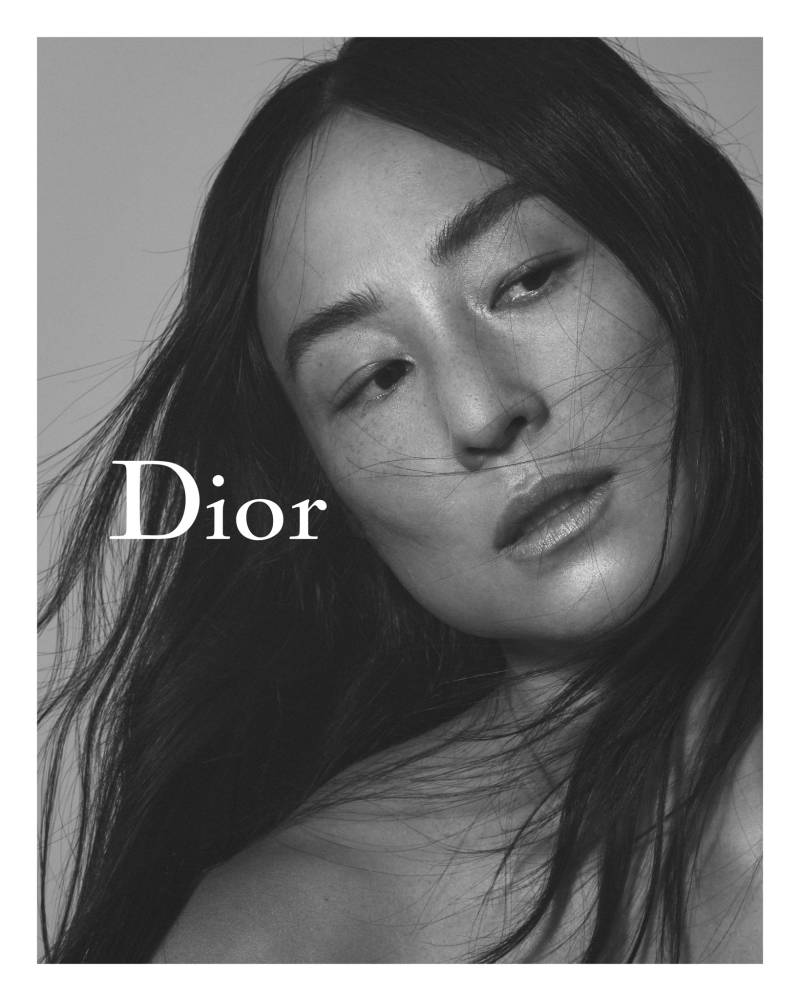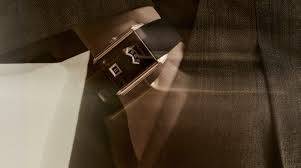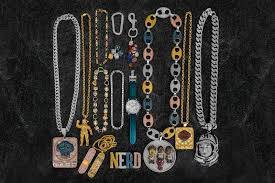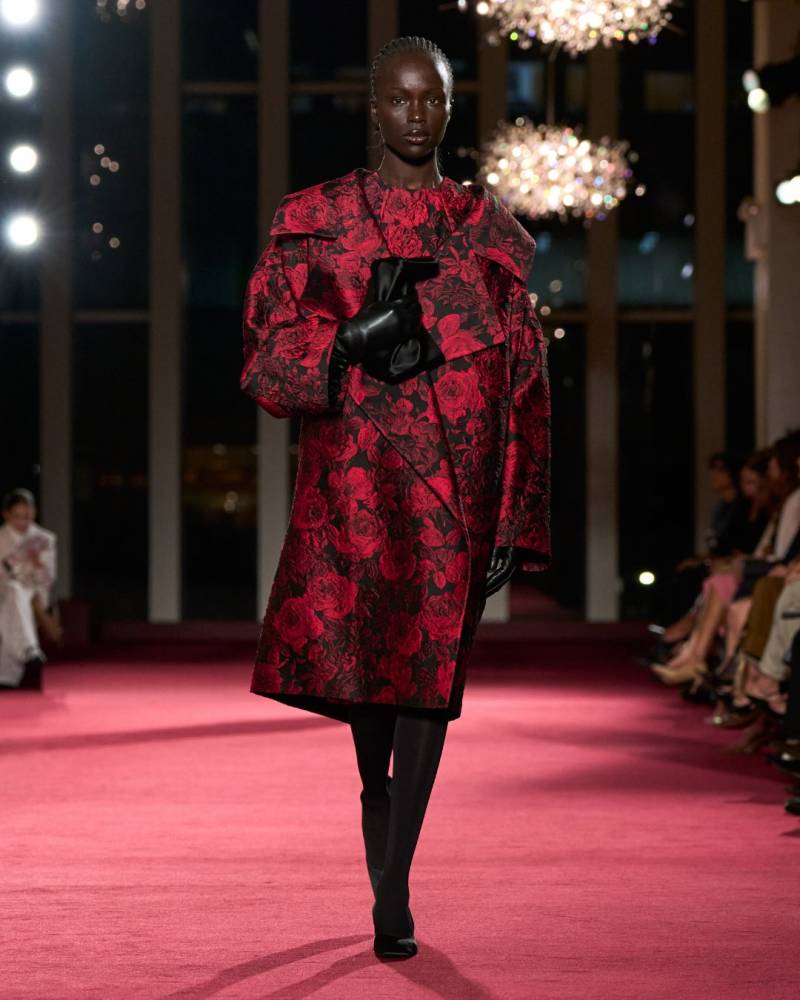So what is Contemporary art? How do you interpret art? How do you read art? For too many people, coming up with a contemporary art definition can be a tricky task. While its title is simplistic and straightforward, its modern-day meaning is not as clear-cut. Fortunately, understanding what constitutes as “contemporary” is entirely possible once one traces the concept's history and explores its underlying themes. In this video, our very own Engagement Assistant Jo gives you a definitive and handy guide on how to interpret, read and experience art. Other Information: In its most basic sense, the term contemporary art refers to art—namely, painting, sculpture, photography, installation, performance, and video art—produced today. Though seemingly simple, the details surrounding this definition are often a bit fuzzy, as different individuals' interpretations of “today” may widely and wildly vary. Therefore, the exact starting point of the genre is still debated; however, many art historians consider the late 1960s or early 1970s (the end of modern art, or modernism) to be an adequate estimate. Contemporary Art can cover the following:
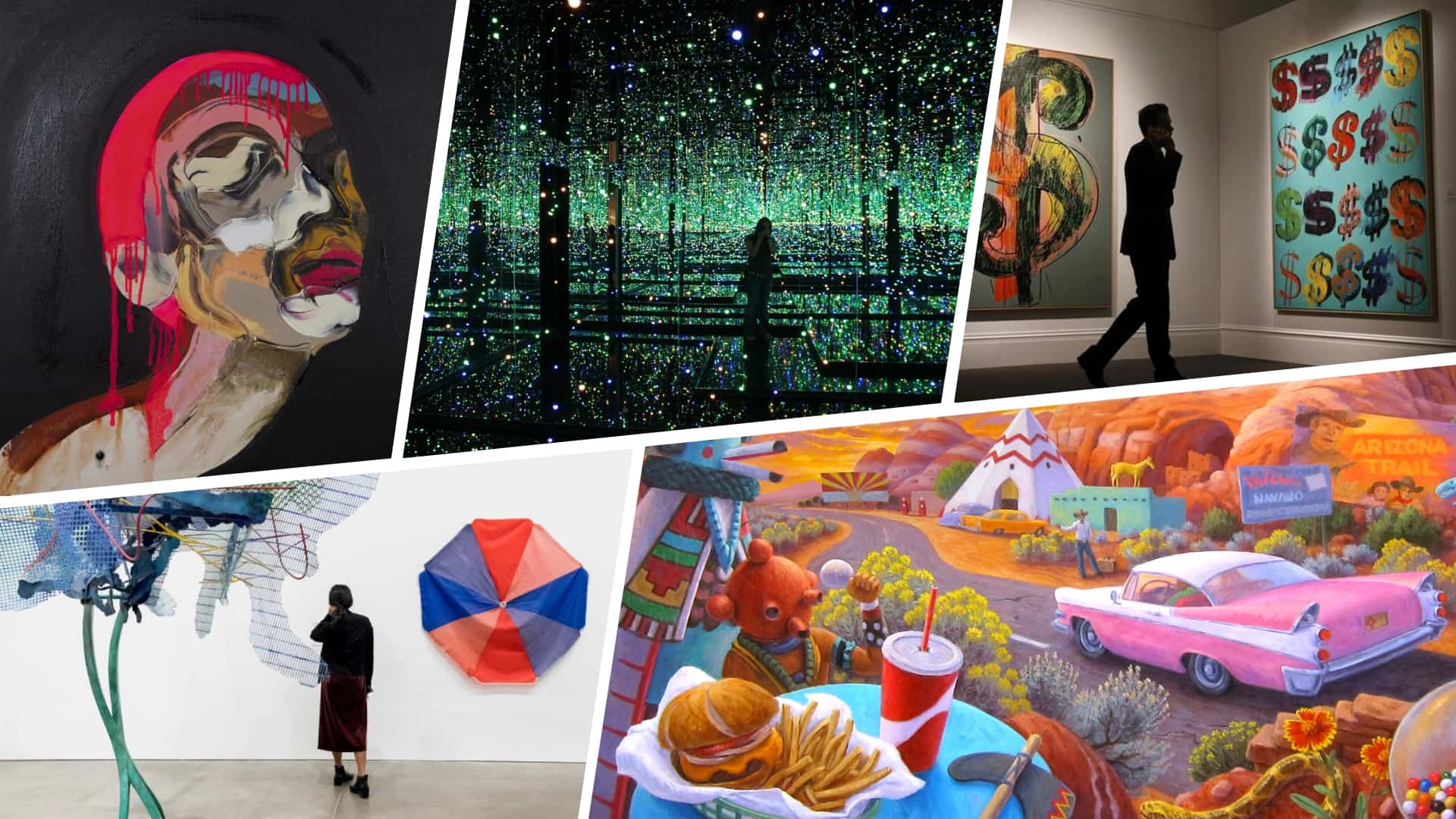
POP ART, PHOTOREALISM, CONCEPTUALISM, MINIMALISM, PERFORMANCE ART, INSTALLATION ART, EARTH ART, STREET ART.
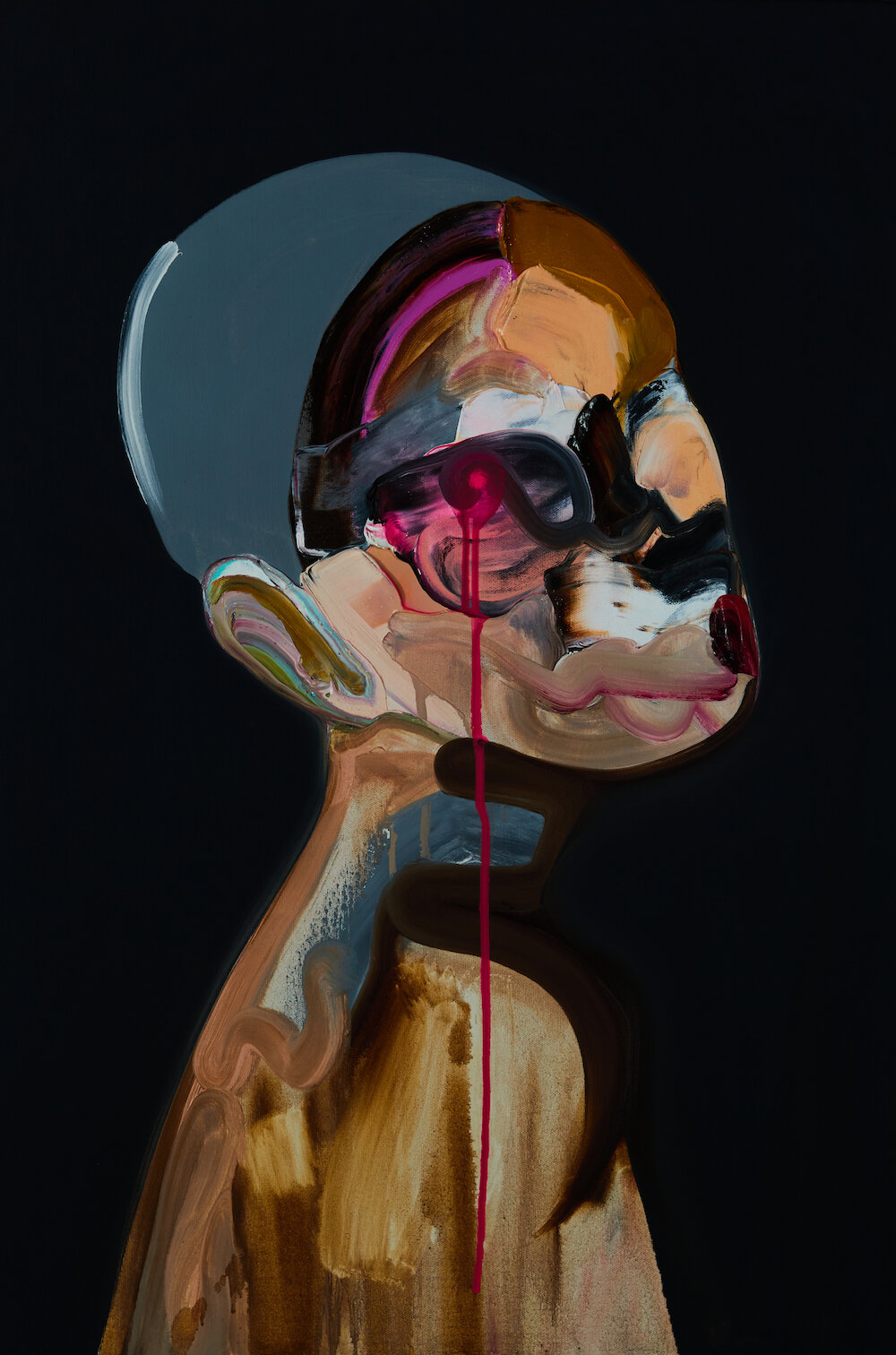
Related article - Rally: Passion-Led Investing
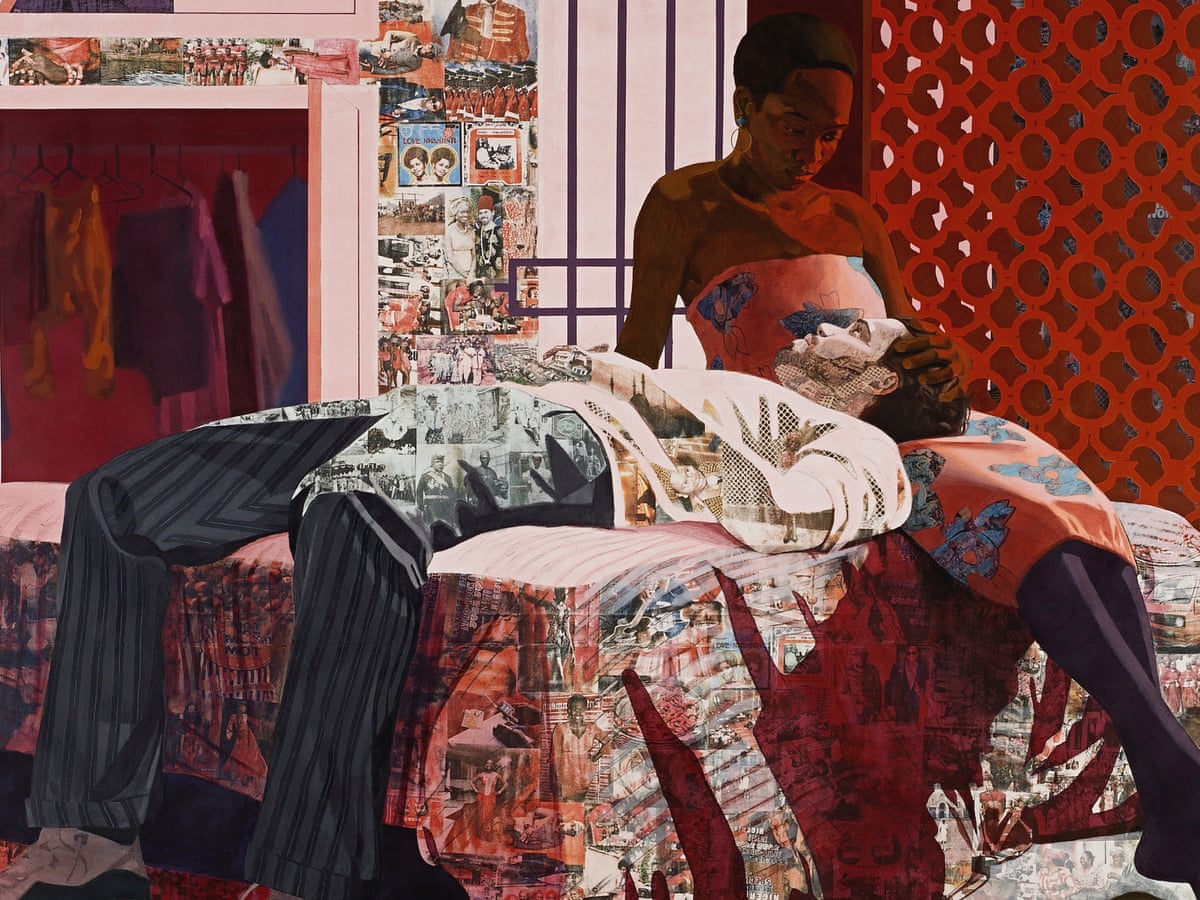
Contemporary art is continuously evolving and more artists are taking advantage of new technology to further their creativity. This includes code-generated art, which can produce everything from abstract pieces to futuristic vector portraits. As advances in artificial intelligence continue, some artists are using technology to create hyperrealistic portraits that test the boundary between reality and imagination. Many up-and-coming contemporary artists are stunning the world with their original approach to art. On top of putting their own twists on conventional forms like painting, sculpture, and installation, they've also popularised unexpected forms of art, like embroidery, origami, and tattoos, proving the endless possibilities of the all-encompassing genre.
